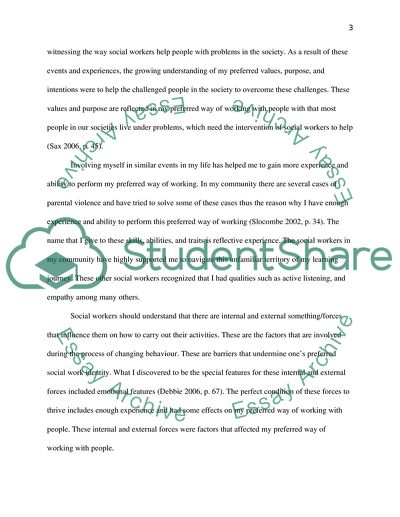Cite this document
(“REFLECTIVE PRACTICE: Using a NARRATIVE APPROACH Essay”, n.d.)
Retrieved from https://studentshare.org/psychology/1646188-reflective-practice-using-a-narrative-approach
Retrieved from https://studentshare.org/psychology/1646188-reflective-practice-using-a-narrative-approach
(REFLECTIVE PRACTICE: Using a NARRATIVE APPROACH Essay)
https://studentshare.org/psychology/1646188-reflective-practice-using-a-narrative-approach.
https://studentshare.org/psychology/1646188-reflective-practice-using-a-narrative-approach.
“REFLECTIVE PRACTICE: Using a NARRATIVE APPROACH Essay”, n.d. https://studentshare.org/psychology/1646188-reflective-practice-using-a-narrative-approach.


